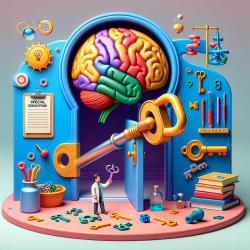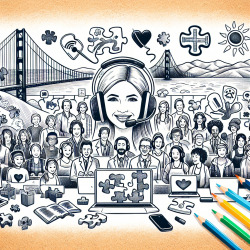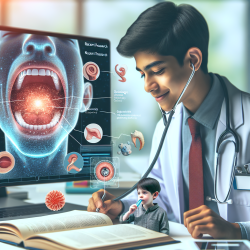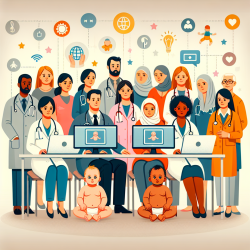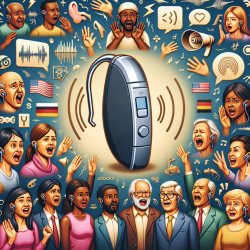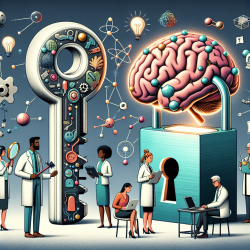As professionals in the field of speech-language pathology, we are constantly seeking ways to improve our practices and deliver the best possible outcomes for the children we serve. One of the most effective ways to achieve this is by incorporating data-driven decisions and evidence-based practices into our therapeutic approaches. A fascinating and often overlooked source of valuable insights can be found in historical research, such as the article "Encounter with Disaster-A Medical Diary of Hiroshima, 1945" published in the Yale Journal of Biology and Medicine.
Understanding the Historical Context
The article provides a detailed account of the medical aftermath following the atomic bombing of Hiroshima in 1945. The diary offers a poignant and thorough record of the medical challenges faced by survivors and the responses of healthcare professionals under extreme conditions. While the primary focus of the diary is on physical health, the documented experiences offer crucial lessons that can be applied to modern speech-language pathology, particularly in crisis and disaster scenarios.
Key Takeaways for Speech-Language Pathologists
From the detailed accounts in the medical diary, several key takeaways can be drawn to enhance our practices:
- Adaptability and Resilience: The healthcare professionals in Hiroshima demonstrated remarkable adaptability and resilience in the face of unprecedented challenges. As speech-language pathologists, we can draw inspiration from their ability to quickly adapt to changing circumstances and maintain a high level of care.
- Interdisciplinary Collaboration: The diary highlights the importance of interdisciplinary collaboration in managing complex medical crises. This underscores the need for speech-language pathologists to work closely with other healthcare providers, educators, and families to create comprehensive care plans for children.
- Documentation and Data Collection: The meticulous documentation in the diary serves as a reminder of the importance of thorough record-keeping and data collection. By maintaining detailed records of our therapeutic interventions and outcomes, we can better assess the effectiveness of our approaches and make data-driven decisions.
- Empathy and Compassion: The human stories within the diary emphasize the importance of empathy and compassion in healthcare. Building strong, empathetic relationships with our clients and their families is essential for effective therapy.
Encouraging Further Research
While the historical context of the Hiroshima diary provides valuable lessons, it also highlights the need for ongoing research in the field of speech-language pathology. Practitioners are encouraged to delve deeper into the following areas:
- Crisis Intervention: Investigate best practices for speech-language therapy in crisis situations, such as natural disasters or public health emergencies.
- Interdisciplinary Approaches: Explore the benefits of interdisciplinary collaboration and how it can be effectively implemented in various therapeutic settings.
- Long-term Outcomes: Conduct longitudinal studies to assess the long-term impact of early intervention and therapy on children affected by trauma or crisis.
Conclusion
Incorporating lessons from historical research, such as the "Encounter with Disaster-A Medical Diary of Hiroshima, 1945," can provide valuable insights and enhance our practices as speech-language pathologists. By focusing on adaptability, interdisciplinary collaboration, meticulous documentation, and empathy, we can improve our therapeutic approaches and outcomes for the children we serve. Additionally, ongoing research in crisis intervention and interdisciplinary methods will further advance our field.
To read the original research paper, please follow this link: Encounter with Disaster-A Medical Diary of Hiroshima, 1945.



